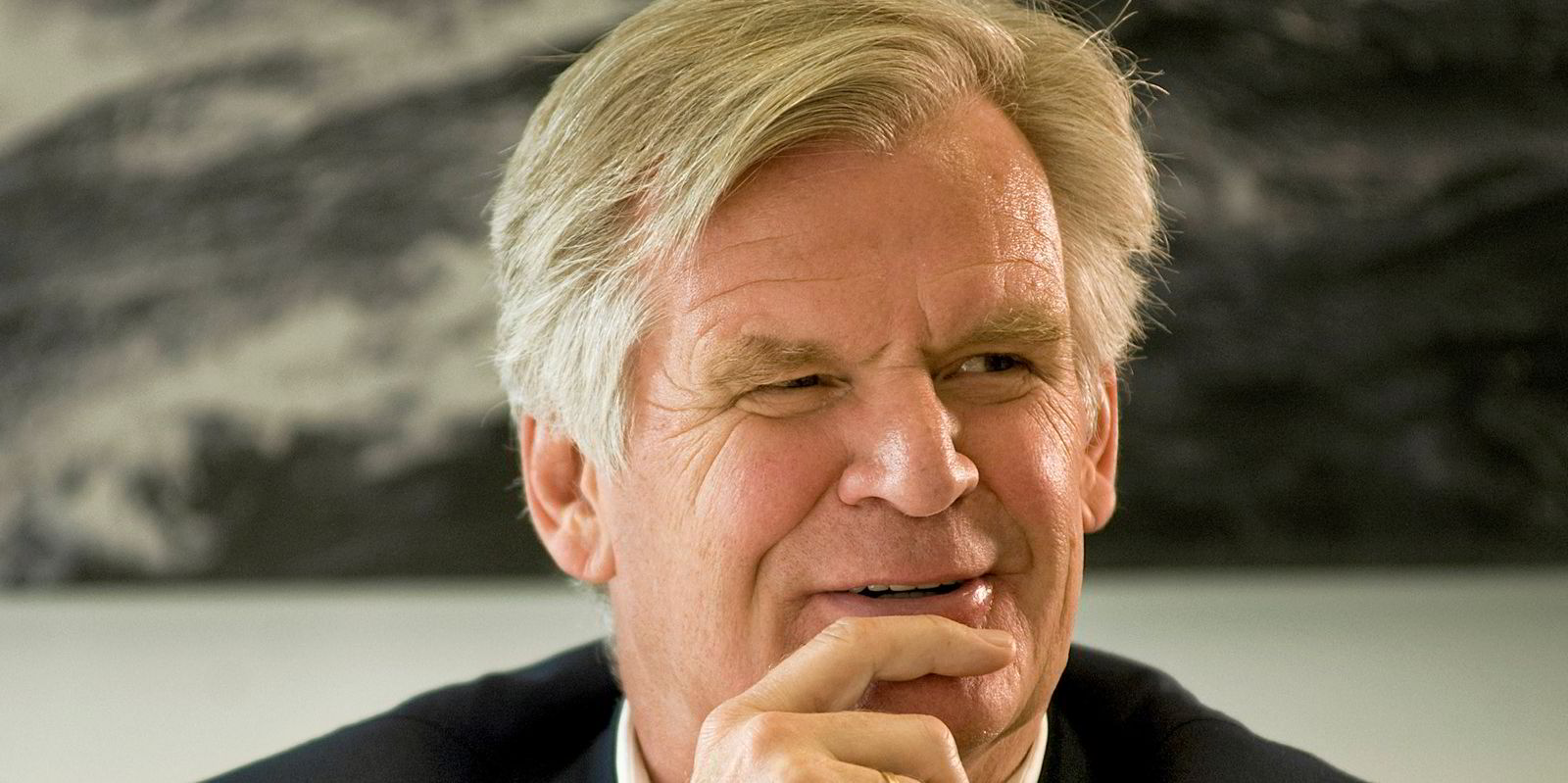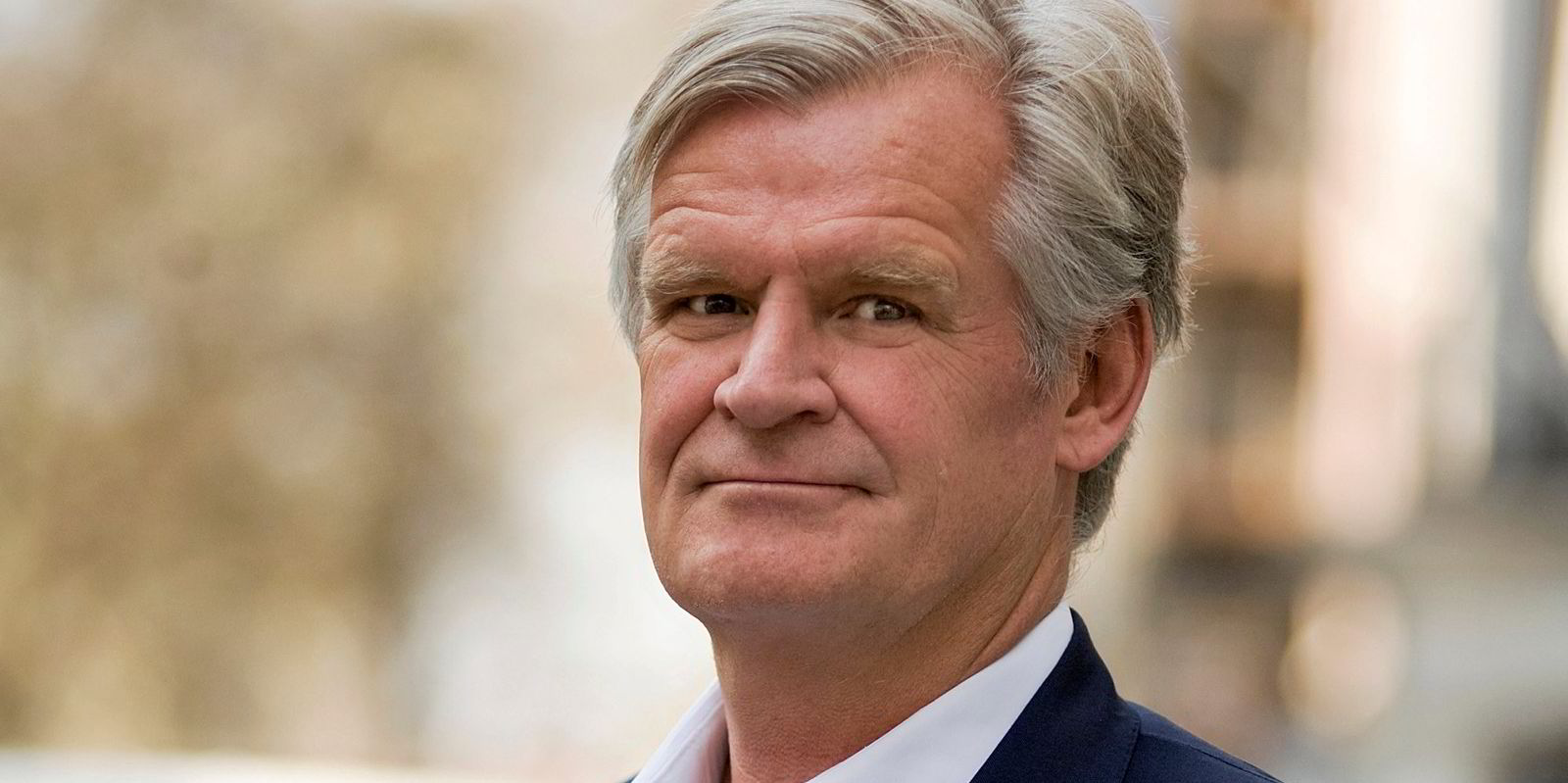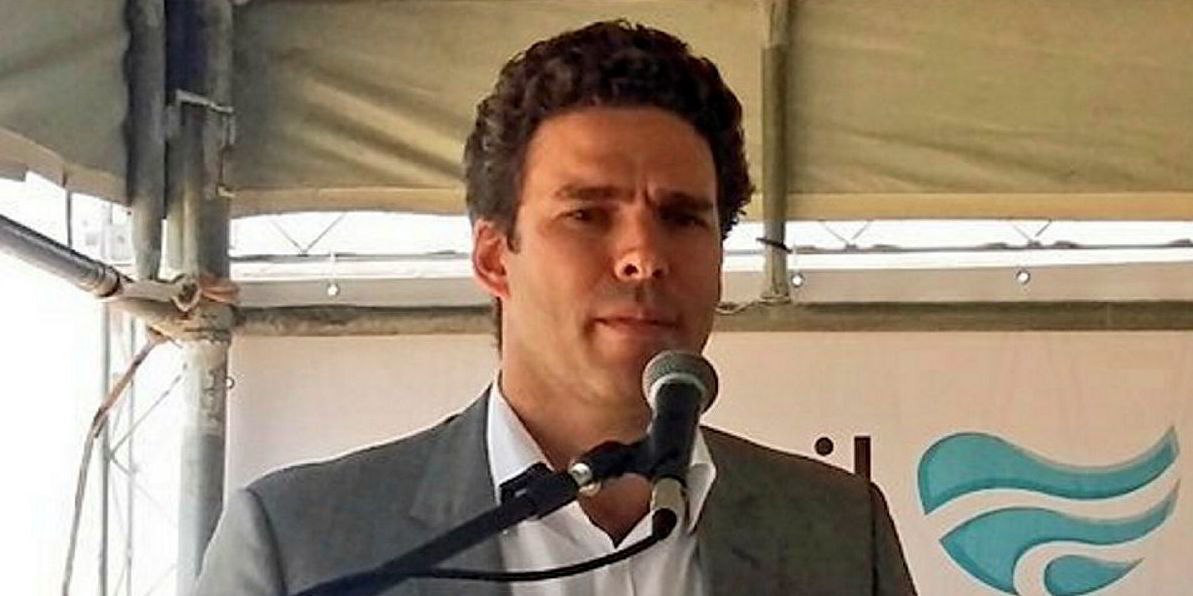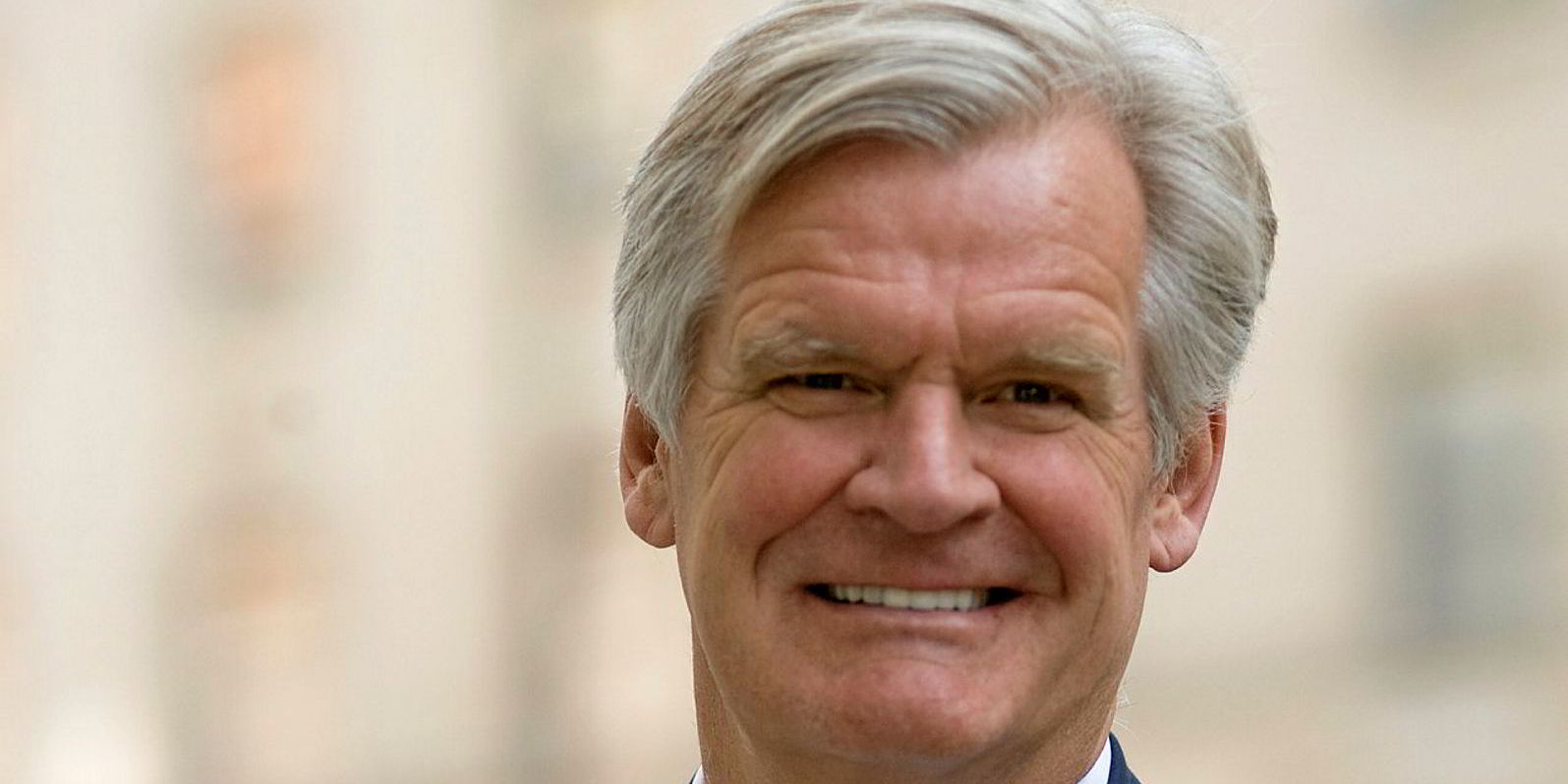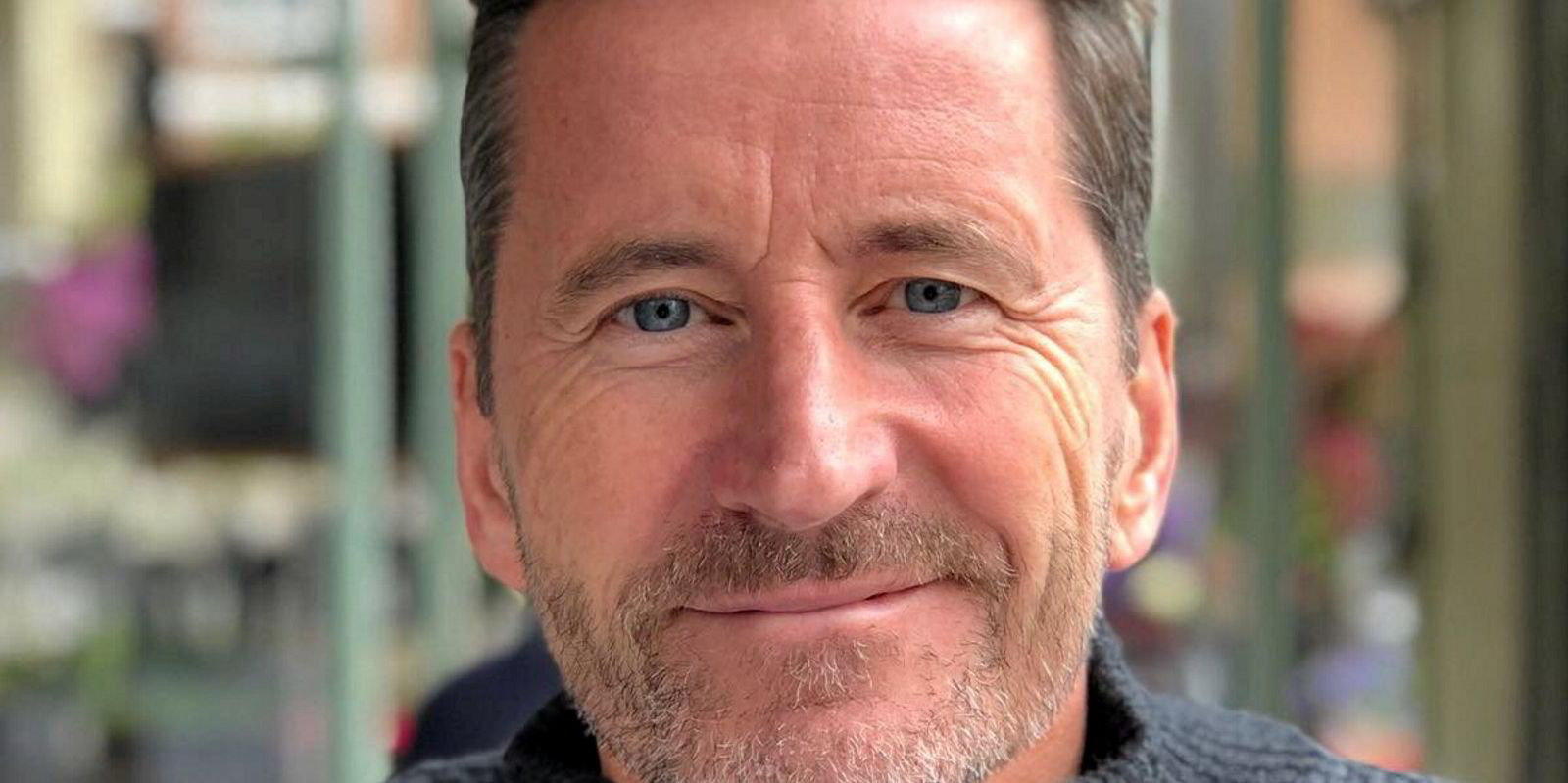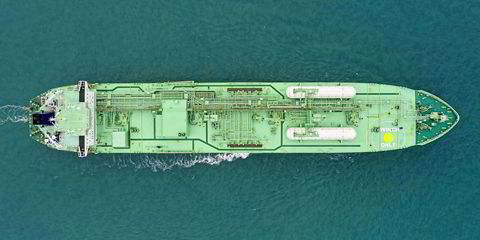Golar LNG could soon make a second stab at a US listing for its downstream business Hygo Energy Transition, company chairman Tor Olav Troim hinted.
Answering analysts’ questions in a results briefing Troim described Hygo as “priority one” because it is on the block right now.
“We can go any day and you will see us going pretty soon,” he said.
Golar LNG pulled its $450m planned IPO for Hygo on 24 September after the company’s former chief executive Eduardo Antonello was put under investigation by the Brazilian authorities for bribery in connection to prior work with Seadrill.
Approaches
Troim said the US Securities and Exchange Commission (SEC) documents for Hygo have now been updated but not yet filed.
He reiterated that timing of this will be driven by market conditions, ongoing business operations and development activities.
The chairman revealed that Golar has been approached by industrial players interested in transactions with Hygo and its assests. He said the boards of both companies are considering these offers but the main track is to develop Hygo through an IPO.
Troim told analysts chief financial officer Callum Mitchell-Thompson’s departure was not related to the problems tied to Hygo but to a life choice.
He said Mitchell-Thompson would likely return to politics.
Troim said Brazil “hit us hard on 23 September.”
He stressed that Antonello was being questioned over events that happened five years before he joined the company.
'Four weeks of hell'
Troim said 50 people had been involved over a five-week period in the internal investigation.
He described the experience as “four weeks of hell with a lot of sleepless nights.”
But he said business is getting back to normal.
He pointed to new business the company has concluded in Brazil.
These include authorisation for its planned floating storage and regasification unit-based Barcarena LNG terminal and an upcoming first delivery for the country of bio-LNG.
Hygo chief financial officer Eduardo Maranhao said Hygo’s terminals will have capacity to deliver 25 million tonnes per annum in Brazil by 2022.
Early birds
Troim recalled that it is 20 years since he and former business partner John Fredrisken bought five-ship company Osprey LNG and transformed it into Golar LNG. "We thought it was a pretty cool business in all possible ways."
We were far, far too early
Tor Olav Troim
He said at the time they saw LNG created a bridge from cheap gas reserves to high price markets.
“We were far, far too early,” Troim said, adding that it took 15 years to loosen the hold of the gas cartels and for LNG to become a commodity.
Troim listed all that he is proud of about Golar.
“What I am not so proud of is the way we have financed and marketed this company,” he said.
He said Golar has much to learn from some of its competitors trading at 100% of their book value while Golar is at 60% of its book.
Painful
Troim described Golar as “an entrepreneurial company with a hard drive.” He said it is a challenging place to work sometimes.
He jokes with current chief executive Iain Ross that having an actively involved chairman might be “painful” sometimes.
Referencing the company’s recent move towards hydrogen and ammonia, he said: “We want to be an energy transformation company.”
But he added that it has taken 20 years for the LNG business to transform.
“We don’t want to wait 20 to 30 years for costs to come down on hydrogen production … when we really can make good business on building LNG infrastructure today.”
Troim said the company needs to convert from project to corporate financing and simplify its corporate structure.
He said the board will look at anything from direct distribution or sale of assets and demerger or whatever it takes to improve the value of the company relative to its current share price.
Troim said Golar has tried to spin off its shipping activities several times. “That’s not really the business we love to be in long-term,” he said.
He said that chartering out vessels on term business has improved the downside risk in that business. But he added:“The midstream is not our business going forward and it shouldn’t be."
